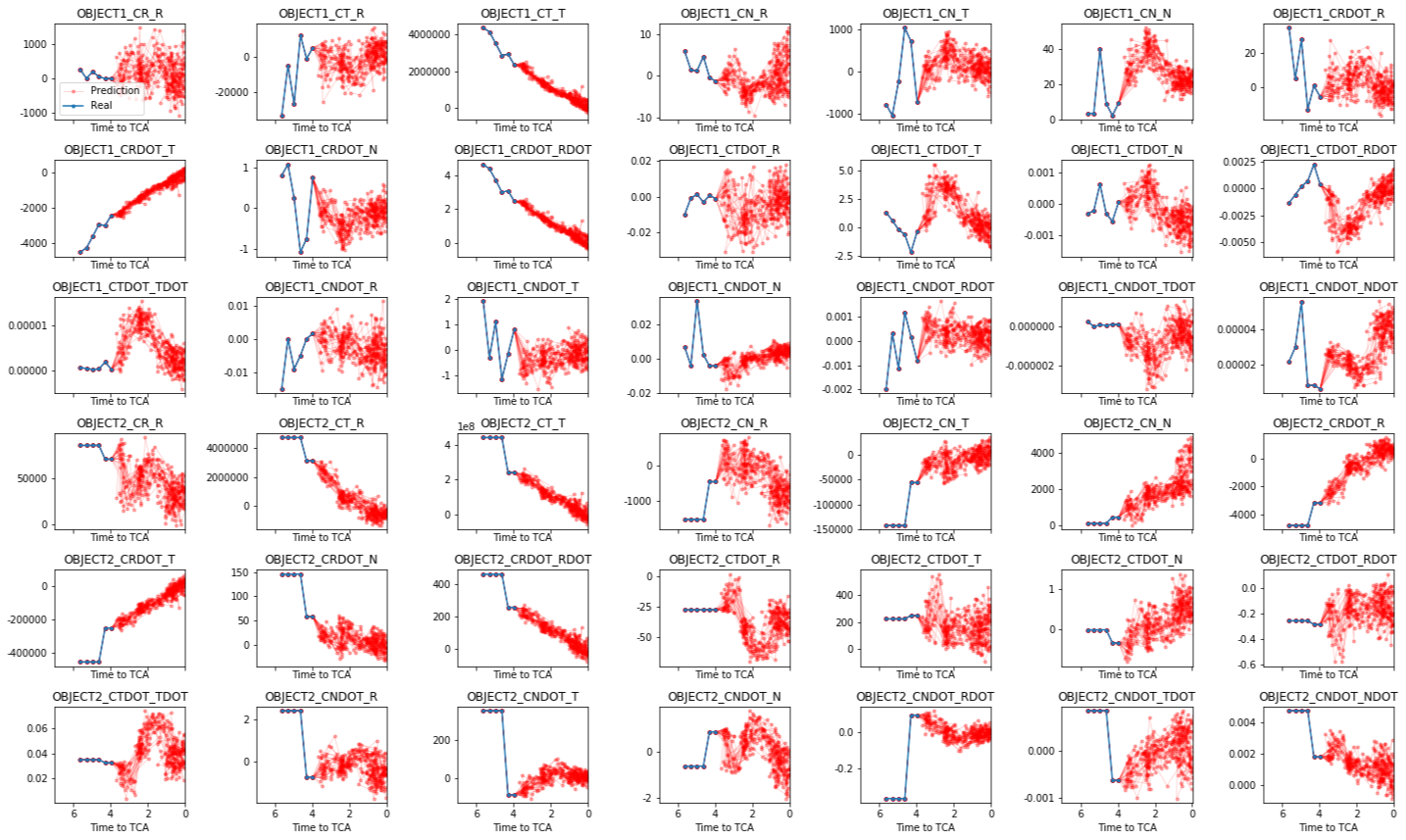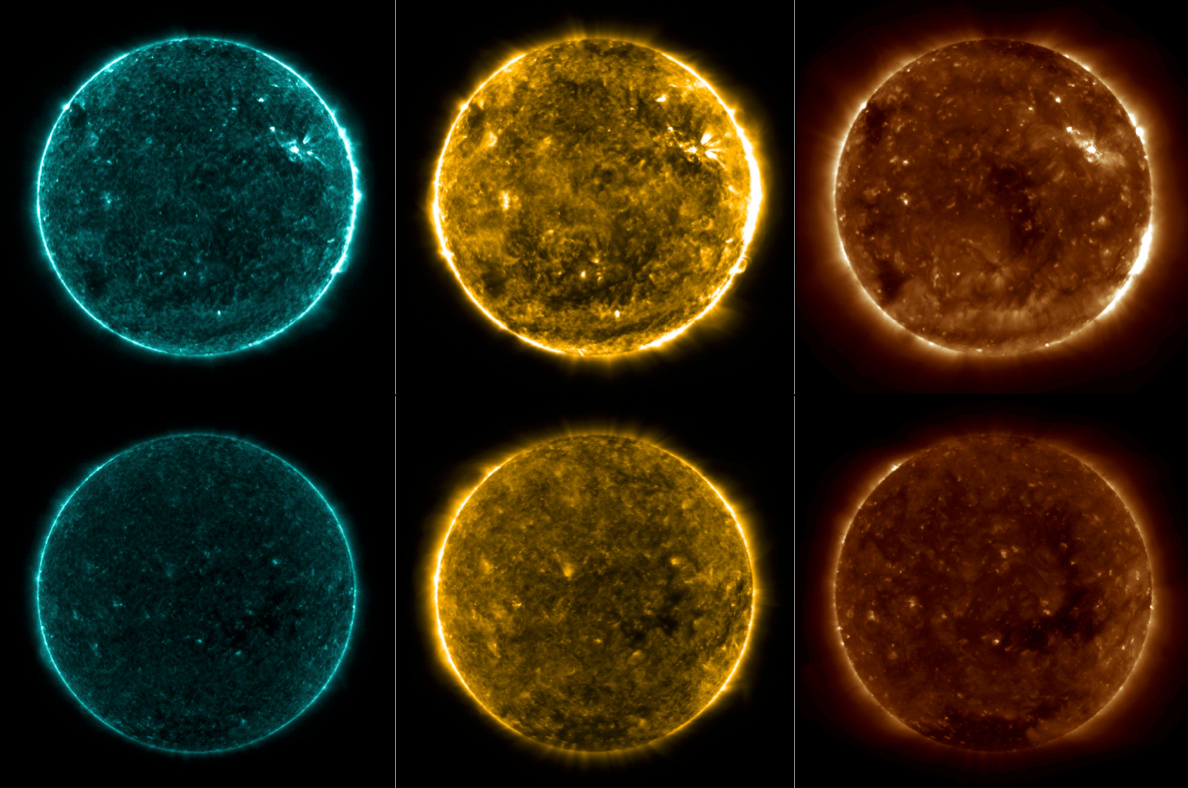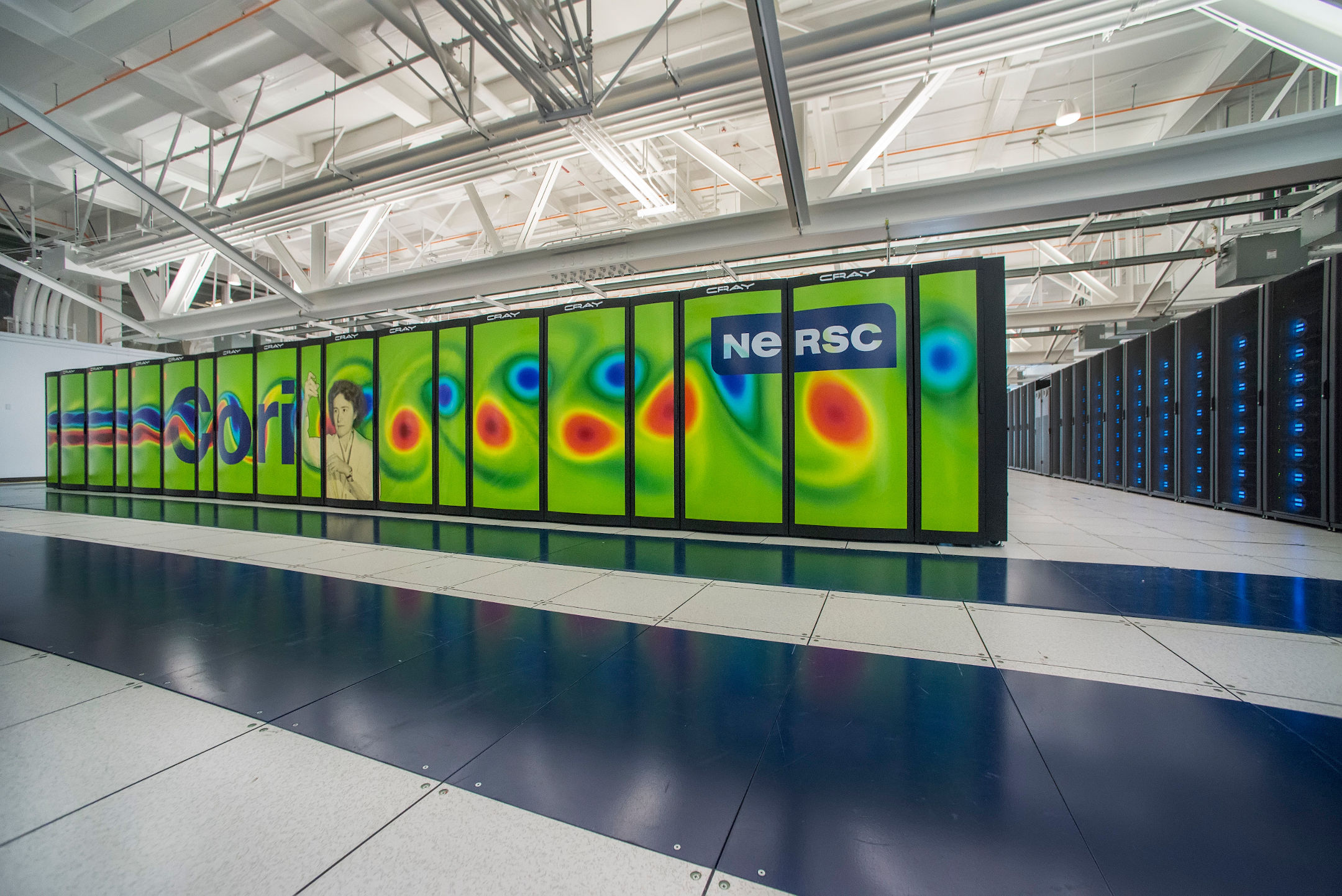The Oxford AI for Science lab is a research group within the Department of Computer Science at the University of Oxford.
The group is led by Atılım Güneş Baydin (Visiting Researcher & Associate Member, University of Oxford).
Mission: We specialize in probabilistic machine learning and simulation-based inference. We develop mathematical frameworks that allow scientists to integrate domain knowledge with data-driven models, enabling the deployment of advanced probabilistic inference at supercomputing scale. Our work facilitates discovery in domains including fundamental physics, materials science, chemistry, and Earth and planetary science.
Key Contributions: Highlights of our work include developing supercomputing-scale Bayesian inference for the Standard Model of particle physics, creating new calibration techniques for remote sensing instruments, and deploying edge-computing algorithms for real-time environmental analysis. Our research has been supported by various scientific grants and focuses on developing open-source tools for the broader scientific community.
Research Areas
Differentiable programming, probabilistic programming, simulation-based inference, Bayesian methods
- Generative Modeling for Science: Foundation models and architectures for inverse problems in physics and molecular biology
- Differentiable Programming: Integrating physical laws and simulators directly into deep learning pipelines
- Earth and Planetary Science: Efficient processing of high-dimensional sensor data for climate and sustainability applications
Selected Research Updates
- Nov 2025: Our “AD in ML” survey paper in JMLR is the most cited document on automatic differentiation
- May 2024: Our paper “Managing extreme AI risks amid rapid progress” is published in Science
- Oct 2022: A framework for more robust, reliable, and responsible machine learning systems, MIT Media Lab
- Mar 2022: Simple mathematical trick could slash AI development time in half, New Scientist, issue 3378
- Nov 2019: Etalumis ‘reverses’ simulations to reveal new science, Phys.org
- Nov 2019: Etalumis ‘Reverses’ Simulations to Reveal New Science: New Probabilistic Programming Framework a Finalist for Best Paper at SC19, Lawrence Berkeley Lab








